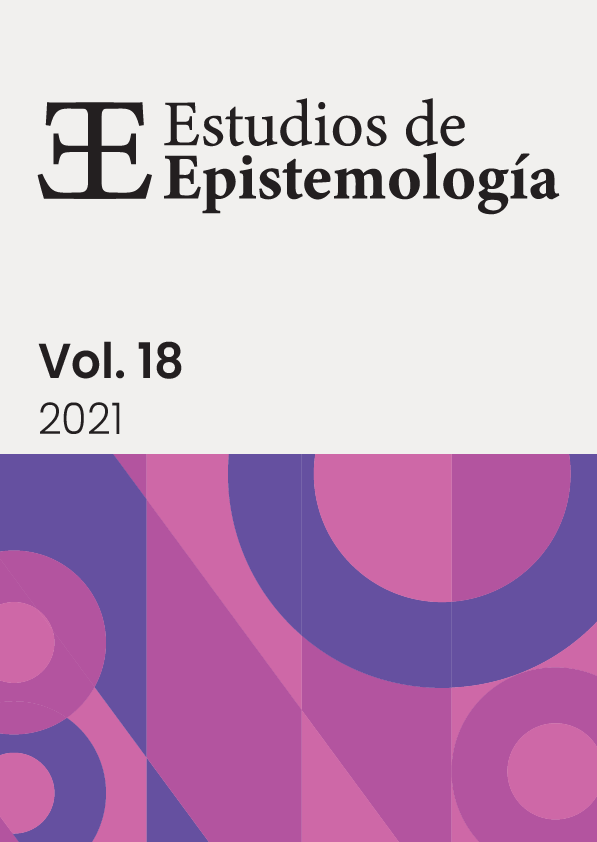Naturalizing intelligence: The pragmatic epistemology by William James and John Dewey

Published 2021-12-01
Keywords
- Epistemology, Pragmatism, William James, John Dewey, Naturalization, Knowledge, Truth.
How to Cite

This work is licensed under a Creative Commons Attribution-NonCommercial-NoDerivatives 4.0 International License.
Abstract
This paper examines the epistemological tenets of pragmatism as espoused by William James and John Dewey. The primary argument is the concept of naturalizing intelligence, understanding knowledge not as a metaphysical process but as a practical activity intrinsic to human life. The paper critiques the skepticism of modernity and presents a conception of knowledge as a continuous extension of human experience. Furthermore, it highlights how truth is understood as a process that is constructed in interaction with reality, being validated to the extent that ideas function in a practical way in everyday life.
